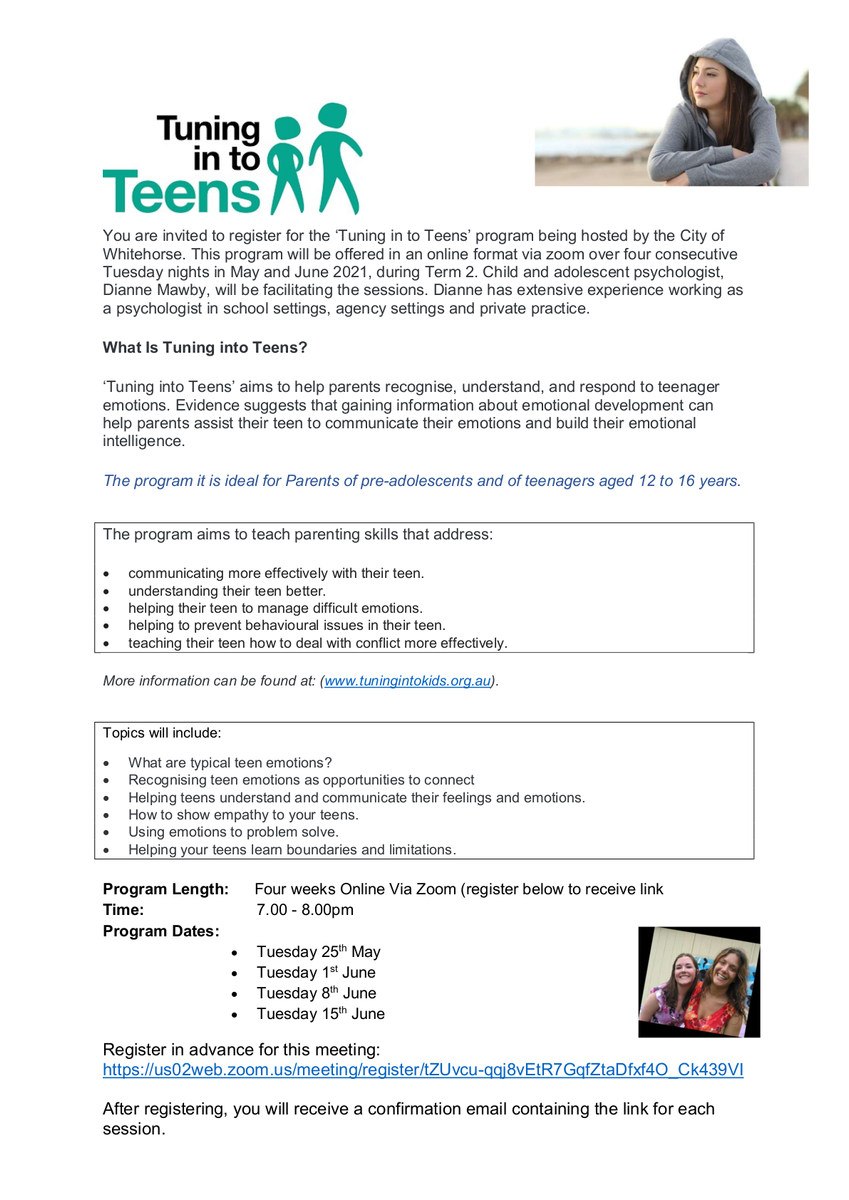Wellbeing
Vermont Secondary College

Wellbeing
Vermont Secondary College
Melatonin is a hormone that regulates the sleep–wake cycle. During adolescence, your child starts to release melatonin later at night than they did in childhood. This affects the circadian rhythm and makes them want to go to bed later at night – often around 11 pm or later – then get up later in the morning. This process is further delayed when electronic devices are involved.
Electronic devices (i.e. mobile phones, iPads, computers, TVs) emit an artificial blue light that can suppress the release of the body’s sleep-inducing hormone, melatonin. The more time teens spend in front of an electronic device, especially in the evening, the greater the delay in the release of melatonin, making sleep a challenge. They may experience problems falling asleep as well as difficulty staying asleep. Insufficient sleep causes a teenager’s brain to become more active. An over-aroused brain is less able to fall asleep. As a result, these teens sleep fewer overall hours; over time, that sleep deprivation can lead to symptoms of depression.
What you can do:
https://raisingchildren.net.au/guides/a-z-health-reference/insomnia
https://www.betterhealth.vic.gov.au/health/healthyliving/teenagers-and-sleep
https://www.sleepfoundation.org/articles/screen-time-and-insomnia-what-it-means-teens

